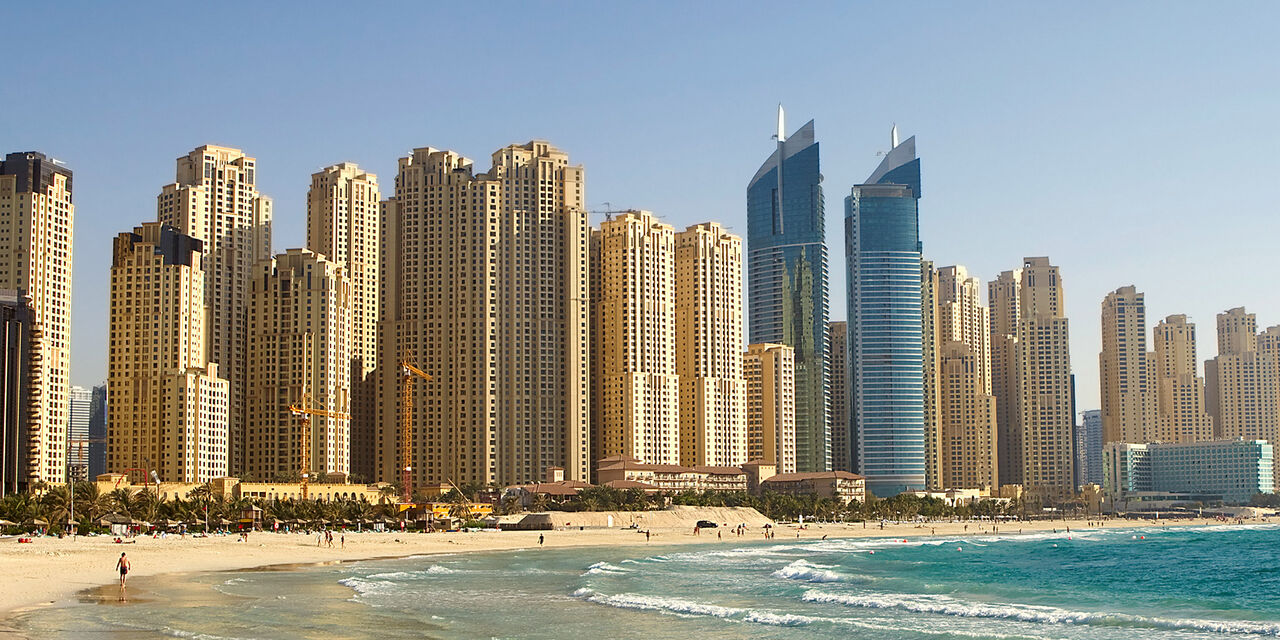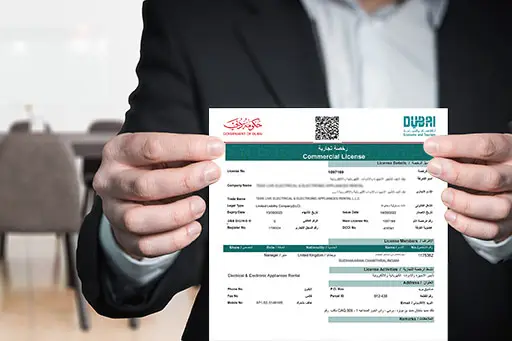Introduction
Imagine running your own business while paying little to no income tax, having a modern infrastructure at your fingertips, and being perfectly connected to markets across Asia, Europe and Africa. That is the appeal of Dubai in 2025, especially for founders in tech, trade, consulting and creative industries. But can you really save on taxes by setting up a business in Dubai? The short answer is yes — under the right structure and with careful compliance, you can achieve significant tax efficiency.
This article will explain how Dubai’s business and tax environment works in 2025. You will learn how corporate tax, VAT, residency, and international agreements interact. You will also see practical examples, step by step processes, and common pitfalls to avoid. Whether you are just exploring or seriously planning to incorporate, this guide will help you understand the bottom-line impact on your business and personal income.
1. Dubai’s Tax Landscape in 2025
1.1 Corporate Tax
In 2023 the UAE introduced a federal corporate tax at a rate of 9% on business profits exceeding AED 375,000. Any first-check assumption that Dubai remains completely tax free needs adjustment. However the law includes key exceptions for qualifying Free Zone businesses as long as they meet criteria and derive income from outside the mainland. Many businesses in Free Zones continue to enjoy zero-CIT status on permitted income streams.
1.2 Personal Income Tax
Dubai does not impose personal income tax on your salary or business distributions. If your company is legally passing profits to you, you keep all of it (outside of any potential CIT your company incurs). This means your personal tax burden remains zero, which is rare for entrepreneurs globally.
1.3 Value Added Tax (VAT)
A 5% VAT applies to most supplies of goods and services in the UAE, mainland or Free Zone if consumed locally. VAT registration is mandatory if your taxable supply exceeds the threshold (AED 375,000 in annual turnover). You can recover input VAT on expenses and thereby neutralize VAT cost if your clients can reclaim it.
1.4 Double Taxation and Treaties
The UAE has signed double taxation treaties with over 100 countries including the UK, India, Germany, Singapore, China and others. These treaties help avoid double taxation on income like dividends, interest, royalties or capital gains. For example a UK resident owning a UAE company may receive tax credit for corporation tax paid in UAE when filing UK returns.

2. Strategies to Save Taxes via a Dubai Business
Let us take a practical look at paths to optimize your tax position by locating your business in Dubai.
2.1 Incorporate in a Free Zone
Many Free Zone jurisdictions offer 0% corporate tax and 100% foreign ownership as long as your qualifying income derives from markets outside the mainland. The key zones include DMCC (commodities, services), Dubai Internet City (technology), DAFZA (logistics), IFZA (flexible service), and JAFZA (manufacturing). You will need to maintain physical office presence and economic substance, but this is often inexpensive through flexi desk packages.
2.2 Use the UAE as a Holding Hub
If you operate multiple international ventures or collect passive income, incorporating a holding or management company in Dubai provides a clean tax conduit for dividends, interests, and re-investment without local tax leakage.
2.3 Structure Your Compensation Smartly
If you are a shareholder of a Dubai company, you can withdraw profits as dividends rather than salary. There is no personal income tax on dividends in Dubai, so you avoid social charges and CIT on salary while keeping more net income.
2.4 Maximize Treaty Benefits
If you live in a jurisdiction that taxes foreign dividends, you may still benefit from the UAE treaty structure that reduces withholding tax on dividends or exempts it entirely. Knowing treaty rules allows you to schedule repatriation tax efficiently.
3. Example Models: How It Works Out
Scenario A: Solo Consultant in a Free Zone
- You incorporate an LLC in IFZA, pay zero corporate tax since all clients are abroad.
- You draw profits as dividends, paying no personal tax.
- Compared to registering in your home country and paying 30% tax, you keep nearly all profit.
Scenario B: Ecommerce Business with Warehousing
- You set up in Dubai South Free Zone and use bonded warehousing.
- International orders account for 80 percent of your sales.
- Tax on those profits is still zero. Only local UAE sales are subject to VAT, but you reclaim input VAT.
Scenario C: Holding Company & Contract Work
- Your Dubai holding company receives management fees from subsidiaries in Europe.
- Fees are not taxed in UAE. Under treaty you reduce withholding tax in EU jurisdictions.
- You build a capital base in a tax efficient center.

4. Non-tax Advantages That Add Value
Tax savings are just one part of the equation. Dubai offers business infrastructure, regulatory clarity, banking, robust digital platforms for licensing and visa, safe living, global connectivity and credibility with clients. These extras often make filings easier and revenue bigger.
5. Things to Watch and Common Mistakes
5.1 Substance Requirements
Many free zones require evidence you genuinely operate there. Running only virtual meetings may trigger scrutiny. Maintain an office, staff, bank activity, invoices, contracts and annual audits where required.
5.2 mixing Mainland business
If you sell directly to UAE mainland customers, you must register VAT and possibly pay CIT on those revenues unless channeled properly. You may need a second license on the mainland or use a distributor.
5.3 Resident tax residency trigger
If you live and work in Dubai, you are likely non-taxable there. But your home country may still require you to report income based on its residency or filing criteria. Always consult an international tax advisor to avoid unintended home country tax liabilities.
5.4 Overlooking ongoing costs
Renewals, office rent, visas, audits and accounting fees all add up. Choose a free zone that aligns with your projected business size and transaction flow.
6. Step-by-step Implementation Plan
- Define your core business activity and client base
- Compare Free Zones based on activity, visas, office flexibility, cost, reputation
- Estimate total Year One and Year Two costs including rent, visas, accounting, payroll
- Incorporate via registered agent to get licensed quickly
- Open Bank Account and set accounting
- Formalize your owner compensation structure (salary vs dividends)
- Monitor treaty benefits if applicable
- Plan exit strategy or expansion (holding, mainland branch)

Conclusion
Can you really save tax by starting a business in Dubai in 2025? With the right structure, yes you can. Free Zones, no personal income tax, strategic profit repatriation and global access all align to create a compelling ecosystem for international entrepreneurs. However it is not magic. You still need compliance, documentation, strategic planning, and an advisor who knows both UAE and your home tax laws.
If you would like help navigating the best Free Zone for your specific business activity, preparing cost comparisons, or setting up your company end to end, I am happy to assist. Just let me know, and we can build your UAE business foundation for maximum tax efficiency and global growth.








